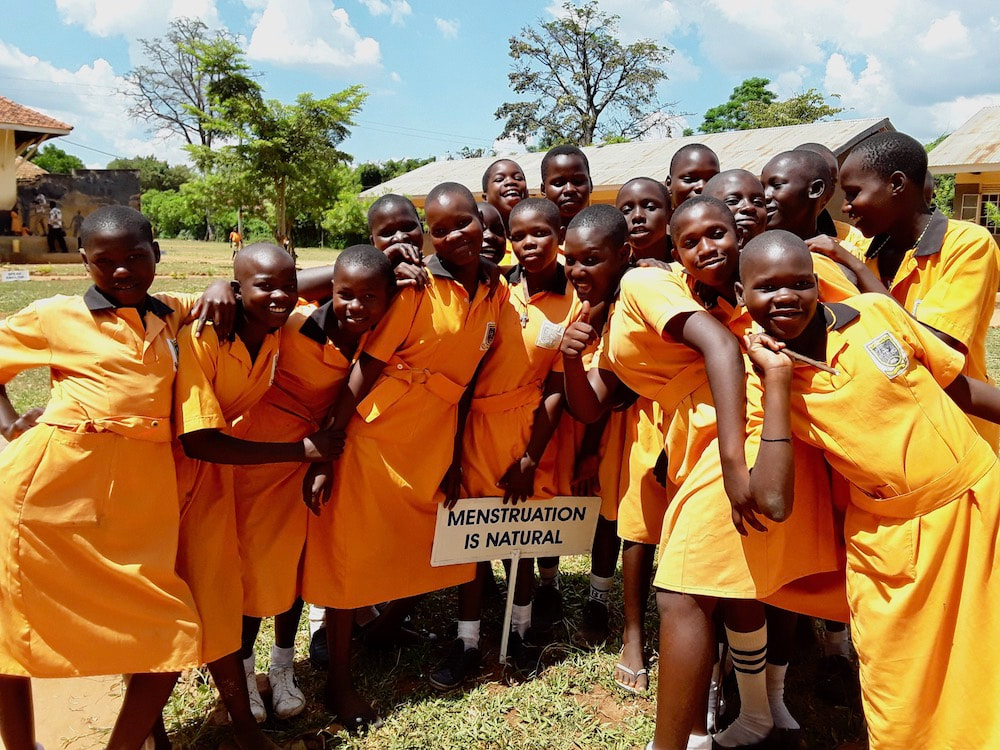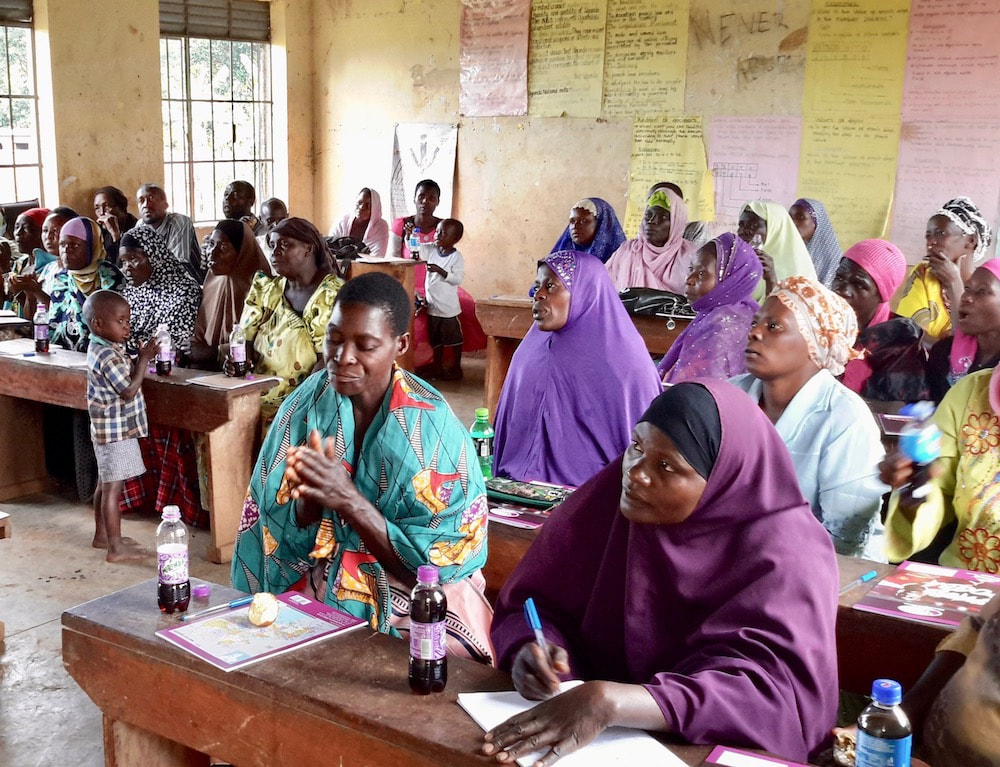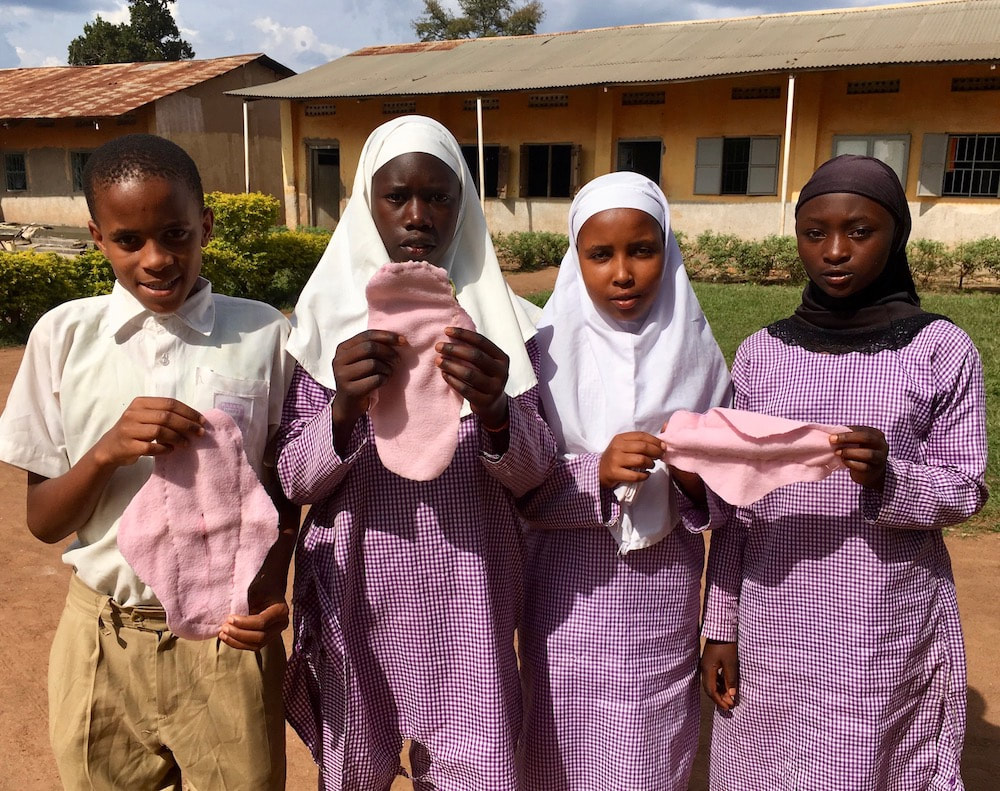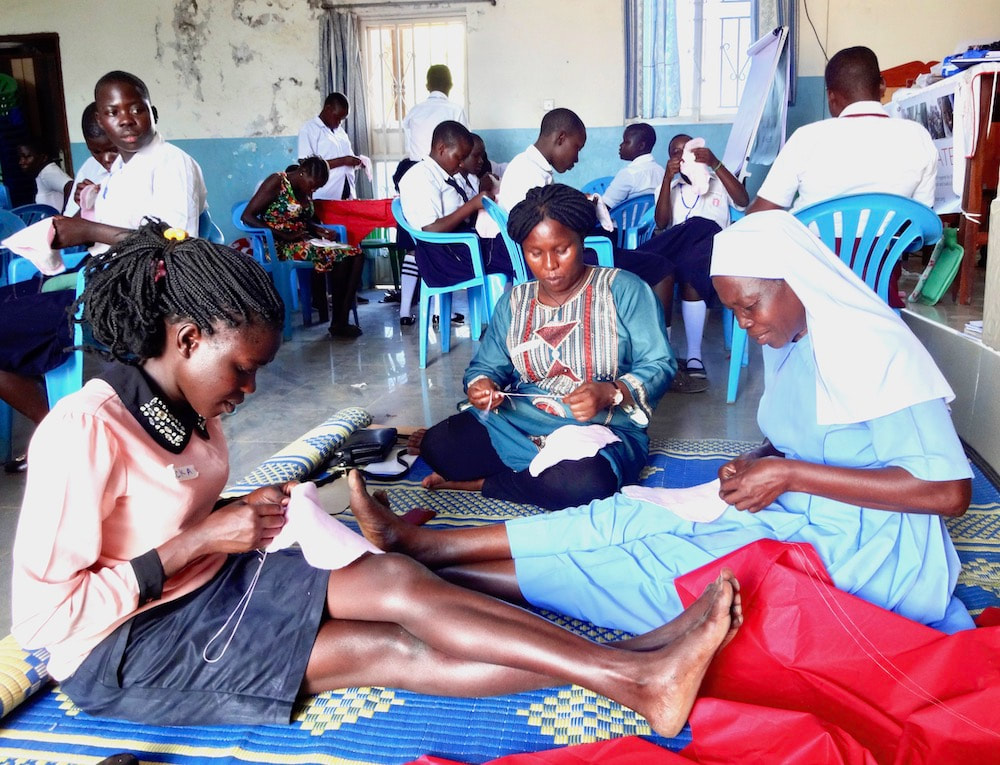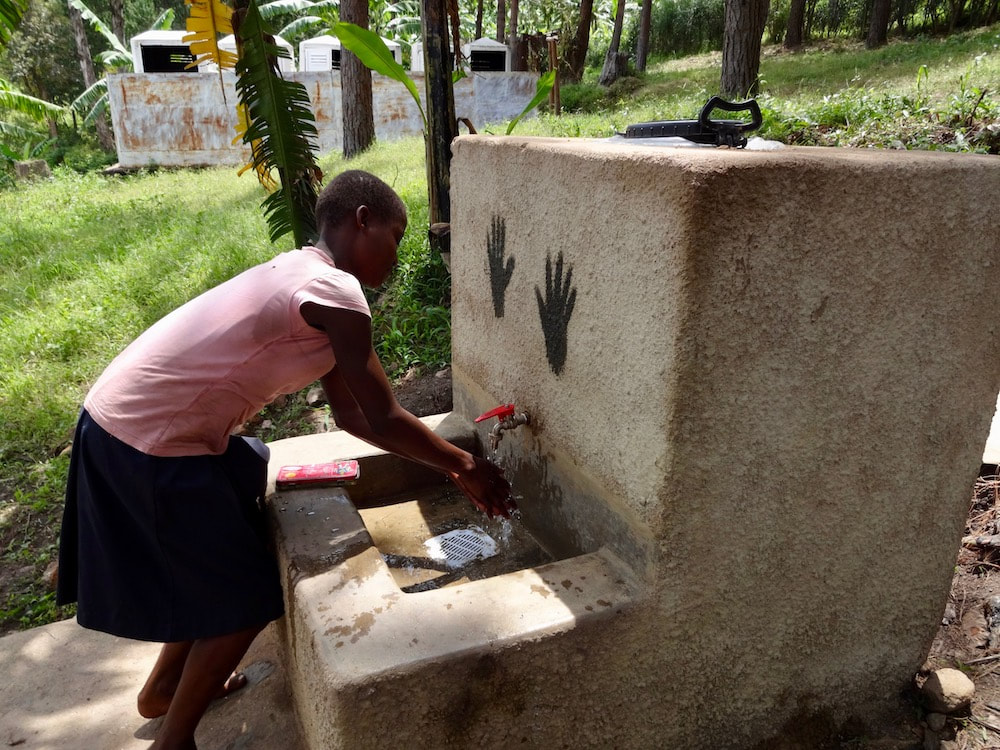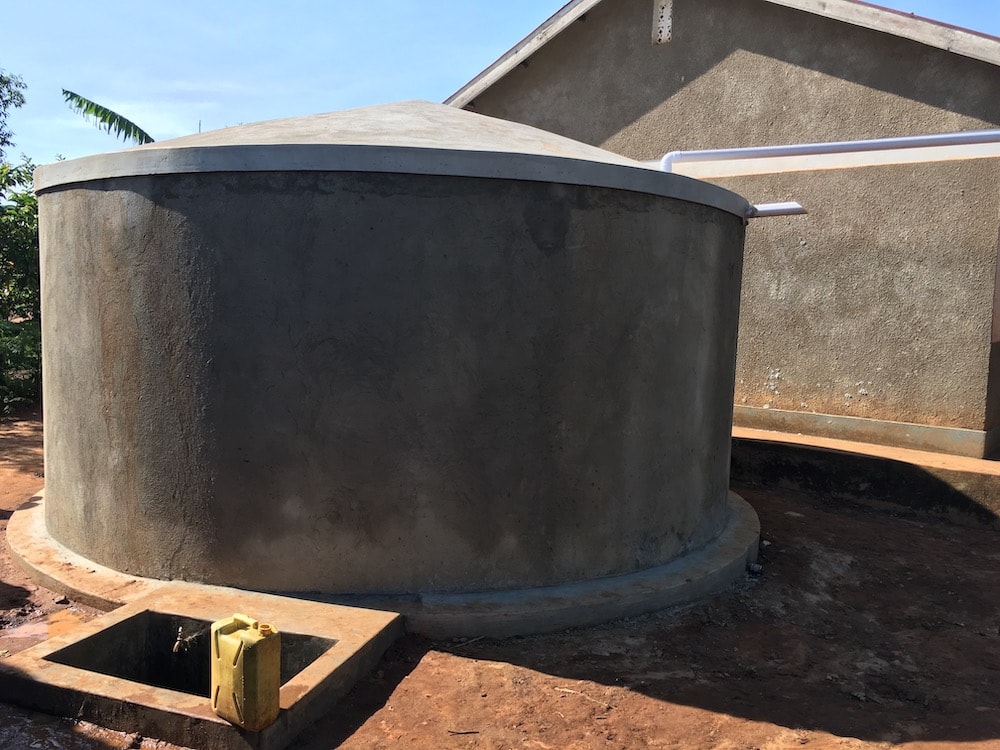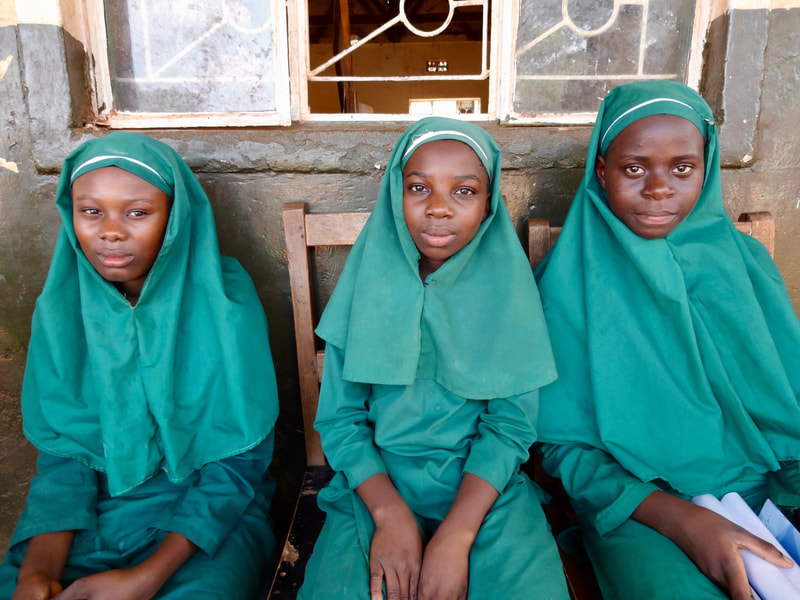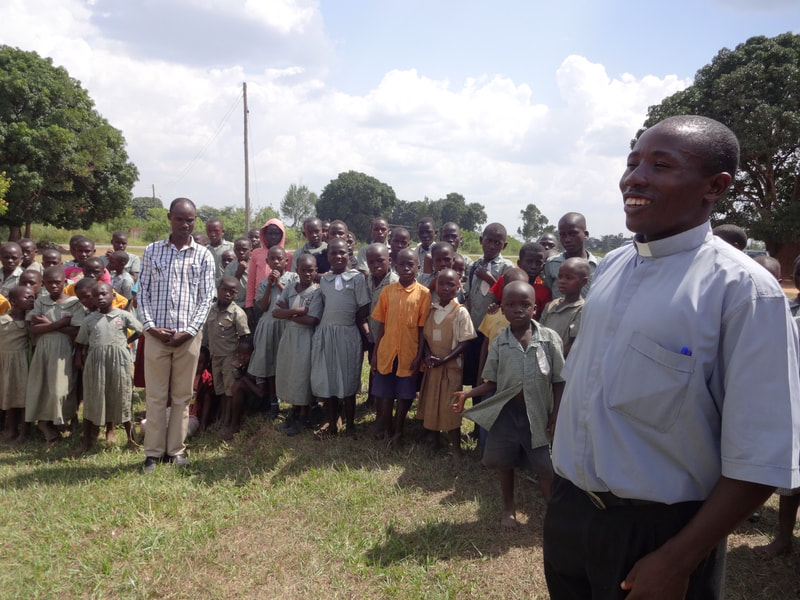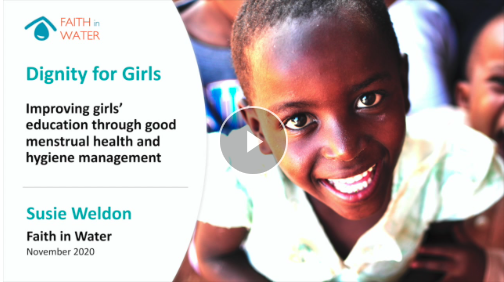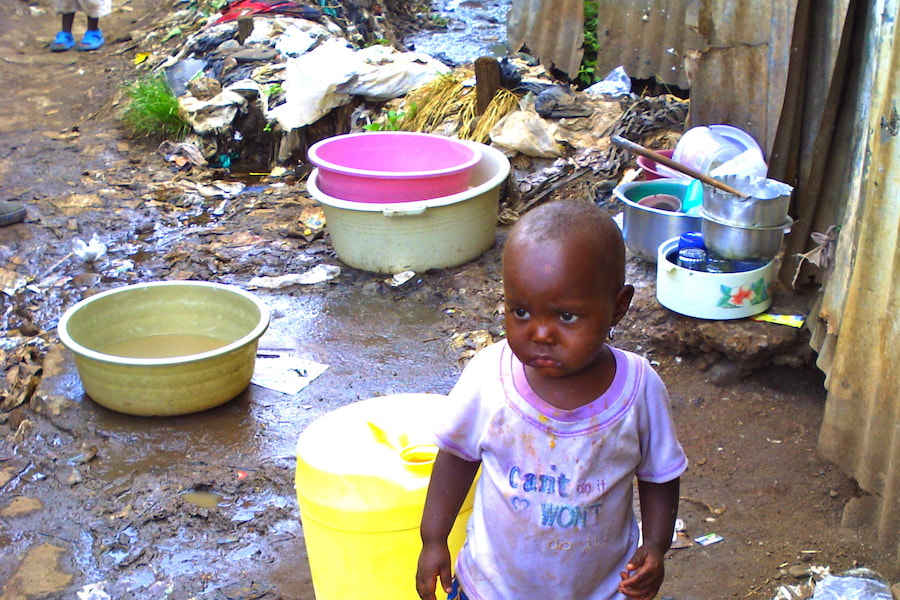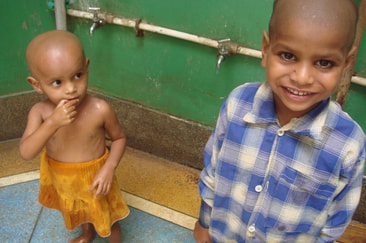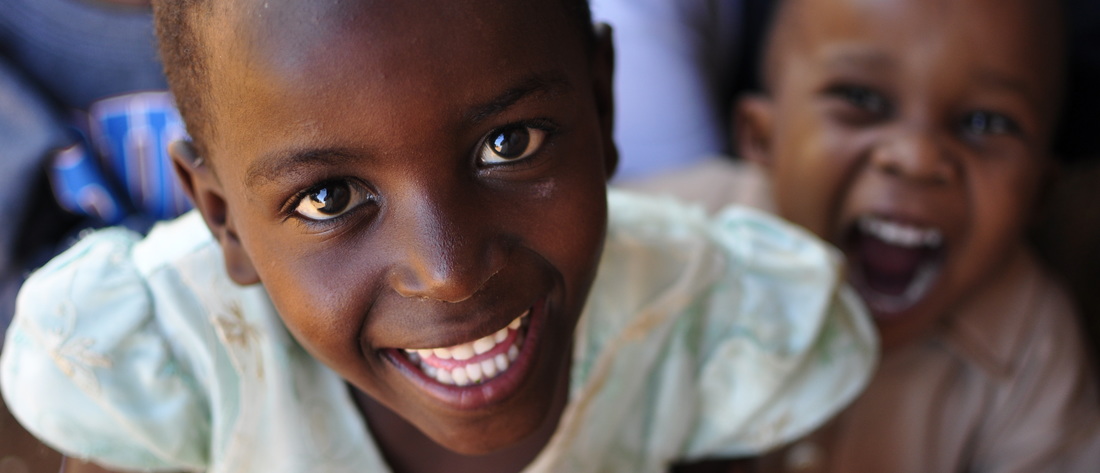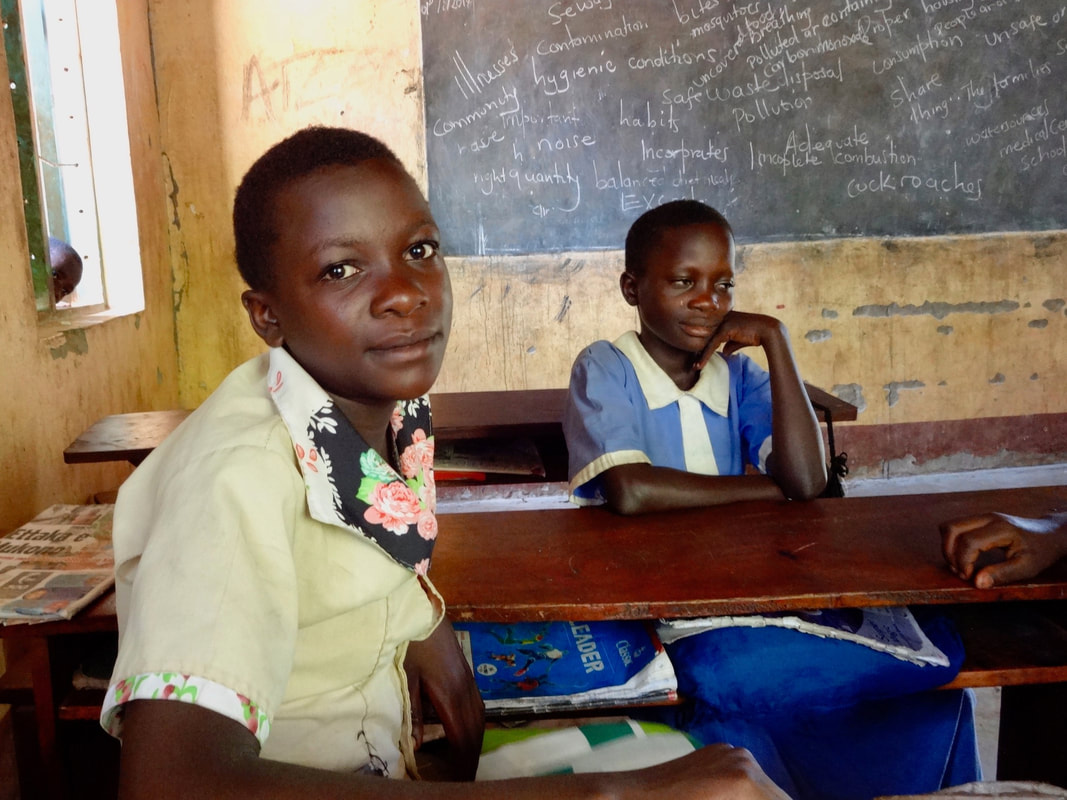We are sorry to announce that Faith in Water has closed. It has been an immense privilege to work with all our partners; this website remains as a record of our work and an example of how we worked with faiths.
Faith groups are involved in at least 50% of schools worldwide and up to
70% in some countries. That's why we worked with faiths to provide
cleaner water, better sanitation and improved hygiene – transforming
children's lives and creating widespread community impact.
70% in some countries. That's why we worked with faiths to provide
cleaner water, better sanitation and improved hygiene – transforming
children's lives and creating widespread community impact.
|
|
We're celebrating the success of our Dignity for Girls programme, which helps more Ugandan girls stay in school and build a better life. We've reached nearly 32,000 people!
|
Christians and Muslims in Uganda are helping to break the silence on menstruation and remove stigma and shame through the first project to work with faith communities in this way.
Our Dignity for Girls programme has reached 31,844 people in Uganda with awareness raising on menstrual hygiene management (MHM) – more than four times our original target of 7,232 people. It is the first menstrual health programme to work with three major faith groups in Uganda: the Catholic Church, Church of Uganda and Uganda Muslim Supreme Council. |
'I learned how a girl can manage her menstruation... And they told us that menstruation is not a disease but is normal and natural for everyone. I feel |
|
The aim is to keep more girls in education by helping them manage their periods more confidently, and to work with the wider faith communities to reduce the stigma and shame so many girls feel.
We've established 24 Catholic, Anglican and Muslim schools as centres of excellence in MHM. This includes training girls, parents, teachers and faith leaders, plus improving school WASH facilities. For example, we repaired latrines and gutters, built hand washing facilities and girls' changing rooms and constructed ten brick rainwater harvesting tanks. We also worked with faith-based women's groups and youth groups to break the silence on menstruation and promote periods as natural, normal and nothing to be ashamed of. And, together with the Uganda Muslim Supreme Council, we established Dignity Day as an annual day for celebrating women, girls and menstruation (see |
our news page for our report on the huge success of Dignity Day as well as for an inspiring short video of the Dignity for Girls programme.
Evaluation shows that 96.64% of menstruating girls expressed confidence about managing their menstruation, and just 10.55% of girls reported missing school due to their period, compared to 67.72% at the start of the programme. That is a fantastic result, as is the finding that 99.01% of women and 88.16% of men taking part in awareness raising activities who said they had a more positive attitude towards menstruation as a result. The main Dignity for Girls programme involving 18 schools was funded by UK Aid Direct; the remaining six schools was funded by Joffe Charitable Trust. Now we're expanding the programme with D4G2, which reaches out to another six schools, funded by UK Aid Direct. |
Watch our short video of the Dignity for Girls programme |
|
Incorporating menstrual health has become a critical component of WASH (water, sanitation and hygiene) programmes in recent years.
This short video illustrates why this subject – unspoken, ignored, hidden for many years – is important. And it outlines how working with faith communities was invaluable in reducing stigma and shame, and enabled us to reach four times more people than our target. Watch the video on YouTube: youtu.be/n2v-i0-VBkk. |
The crisisDiseases caused by contaminated water and poor sanitation kill children and blight lives. Around one in ten people lack clean, safe drinking water and one in three don't have adequate sanitation, causing people to become trapped in poverty and illness.
|
Why work with faiths?Faith groups are the biggest organised element of civil society and often the most trusted and influential. They have massive outreach through youth groups, Sunday schools and madrassas, and they play a major role in education.
|
What we do
|
Faith in Water grew out of the Alliance of Religions and Conservation (ARC), which was founded in 1995 to help the world's major faiths develop environmental programmes based on their beliefs.
Our faith partners told us that water and sanitation problems were the biggest environmental, social and health issues in their schools. Given that faiths play such a big role in education worldwide, and that water and cleanliness have spiritual significance in many religions, we realised that working specifically with faith schools could have a significant impact. Faith in Water has a long experience of engaging faith communities. We also understand how secular groups work and what they need. By building closer relationships between faith and secular organisations, we aim to help each group to work more effectively with each other – for the benefit of people, nature and the planet. |
'The biggest change to many of the activities |
Reporting concernsFaith in Water (FiW) has a zero tolerance towards any form of bullying, harassment, sexual exploitation or abuse. We believe everyone should be treated with dignity and respect. We are committed to providing a safe and trusted environment for anyone we work with.
If you have any concerns about anyone involved in Faith in Water's projects, or about any employees of Faith in Water or of our partners, please let us know. You may report your concerns to us in confidence by emailing info@faithinwater.org. You may also contact the UK's Charity Commission at www.gov.uk/complain-about-charity. To download our Safeguarding Policy, click here. |
Support us!
|
Christ has no body but yours, no hands, no feet on earth but yours.
St Teresa of Avila
St Teresa of Avila
